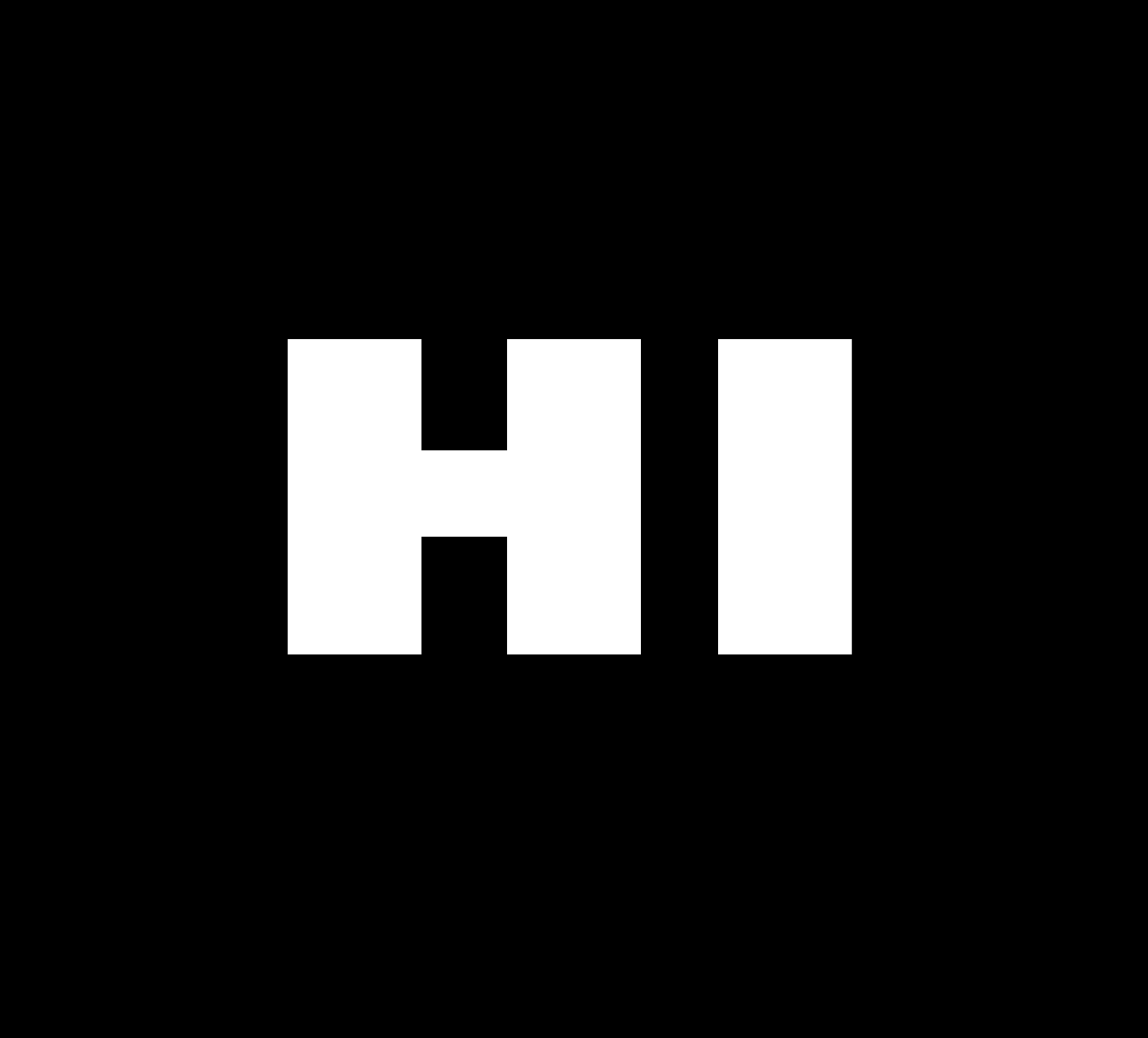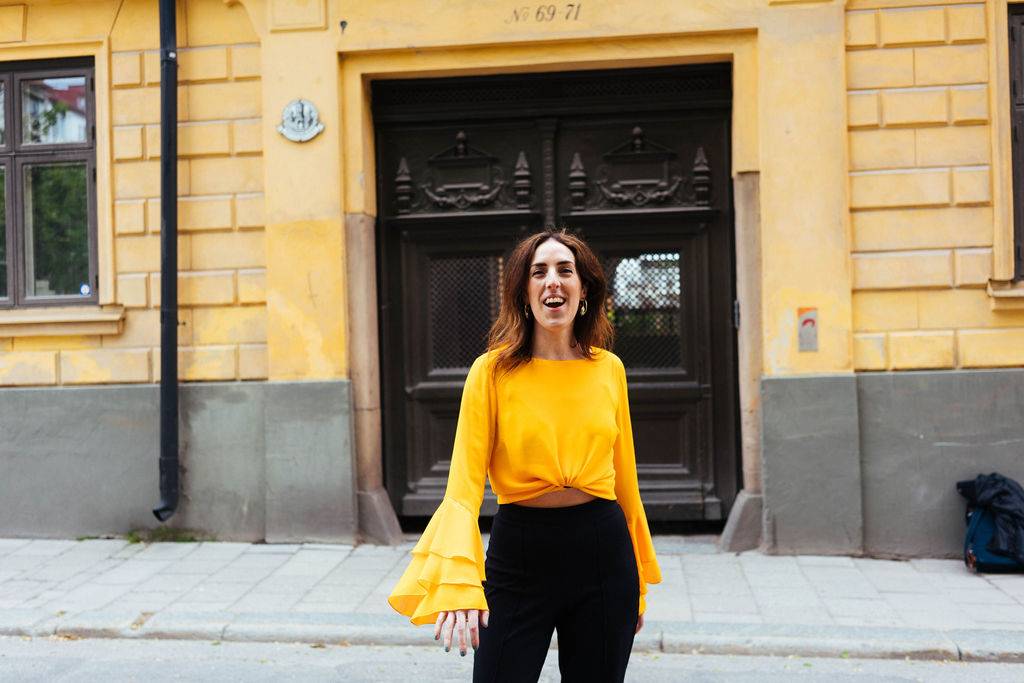In this blog, you’ll meet Nella Lisserow, a freelance coach who set up Freelance Spirit after losing her job – a feeling that many will unfortunately be able to relate to in 2022. Let’s find out what life as a freelance coach looks like.
Is going to work boring? That’s the question you’re immediately presented with when visiting Freelance Spirit’s homepage. The world of work is becoming far more accustomed to remote workers, and certain economic impacts such as a recession will see far more of them entering the workforce frame. In this blog, you’ll meet Nella Lisserow, a freelance coach who set up Freelance Spirit after losing her job – a feeling that many will unfortunately be able to relate to in 2022. Let’s find out what life as a freelance coach looks like.
What is your role in the real world of work?
I’m a freelance coach, working under the alias Freelance Spirit. My journey began as a freelancer in marketing. Today, I do a little bit of both, but I’m developing my coaching business all the time.
Where does the journey begin to become a freelance coach?
Back in 2018, I lost my job (another story for another time), and I’d been thinking for a long time about freelancing and starting my own business. The job loss felt like a sign to go and do it! And so I did. Fortunately, it went really well and almost immediately, people started reaching out to me, asking “How did you do it? That is so brave!”. I realised that there was a lot of potential for me to build something more.
I’ve always been very interested in personal development, which led me to sign up for a course to become a coach. At this point, I already knew I wanted to focus on helping people to become freelancers and to create their own business.
What does your work as a freelance coach involve?
I combine my coaching skills with my own experience and expertise. Meaning, I help people with everything from handling their mindset and tackling thoughts, to actually helping them come up with an offer that they can sell – and how to sell it. I’ve also had a couple of lectures and will start offering online courses as well.
My days and weeks can look quite different. If I have a freelance gig, I usually dedicate two days a week to it, and the rest of the time is spent on coaching calls and finding a good work-life balance.
My coaching calls involve a private session where me and my client set up goals for their freelancing, and where I dig deeper into why they want to work with as a freelancer, what their dream scenario would look like, why this is important, and what values they have. Together, we work through a lot of action steps for them to reach that goal and during our session, we’ll talk about everything from practical things such as sales and marketing, to their mindset and the feelings and thoughts they go through during that process. It’s very cool to see my clients grow during the time we work together and I love seeing them succeed!
On Fridays, I might take the day off or make time for coaching calls or just have a creative day for my business where I work on new ideas. I like to mix it up! I rarely work “full days”. I love having the flexibility of taking time out for myself without having to ask a boss.
What’s your take on “The Great Resignation”?
I was not too surprised, and it actually made me happy. I am happy people realised that they can work remotely, and that they can feel a lot better working for companies that actually care about them, or go start their own business to work on their own terms. I think it’s super interesting that a pandemic provided this insight to more people and companies.
When I worked for Microsoft in 2016, they had already let their employees work from home. No biggie at the time but to be honest, it f**cked me up from the beginning. I never wanted to work at a company again that did not let me work remotely. I had a really hard time adapting to other companies after that who did not let their employees work from home. Upon reflection, I think that was the rebel inside of me not understanding how companies did not trust their employees. I think it will naturally show if you are doing your job or not – and I don’t think you do it better just because you are at an office for instance.
What does freelancing in 2022 look like?
I think anyone thinking about freelancing in 2022 is in good company! I also see more and more companies being open-minded and in search of freelancers and consultants. I think we will see more freelancers and more people in general wanting to enjoy the digital nomad lifestyle.
How does a freelancer approach taking time off/vacation?
I tell my coaching-clients to communicate about vacation with their clients. If they’re taking on a new gig and have vacation planned during that time – let them know. You would be surprised how cooperative people are when you start having an honest conversation. And since you can work more flexible hours and days as a freelancer, you can even decide to, for example, have one or two days off during a week if you want to. In my first summer as a freelancer, I took a long vacation for 6 weeks or more. This year, I went to Costa Rica in February for two weeks. Then I had two weeks off in the beginning of the summer, and I’m heading to Mallorca at the end of this summer. I’ll probably take some more time off this winter! That’s the perk with being a freelancer: you can decide when to go on vacation!
Please describe your Hyper journey and any positives that have led you to this point in your career.
I absolutely loved being a student at Hyper Island, even if it was a roller coaster of emotions. It was a mix of everything with both challenging and positive experiences together with my classmates. Having to open up myself, reflect on what I want and how I feel as well as how I work in different situations – I got major insights and learned so much about myself as well as others, particularly when it comes to interaction and communication.
Hyper Island is a really great way to learn how to build confidence going into the unknown – “learning by doing”. Previously, when I studied at another university, there were certain “rules” on how to do things. At Hyper Island I learned to take action, be creative and find my own way – but still with guidance from experienced people. I learned how to do things connected to what me and my classmates wanted to learn. To be honest, Hyper Island was a game changer for me at that time. I finally found a place where I could explore myself and build confidence and trust in myself. I grew a lot, both personally and professionally. It was nothing like I had ever experienced at any other school.
I think that’s why I finally had the guts to go my own way in my career and I will forever be grateful for that.
Keep up to date with Nella
Need advice from a freelance coach? Contact Nella here.
Follow or connect with Nella on LinkedIn.
Follow Nella’s journey on Instagram.


